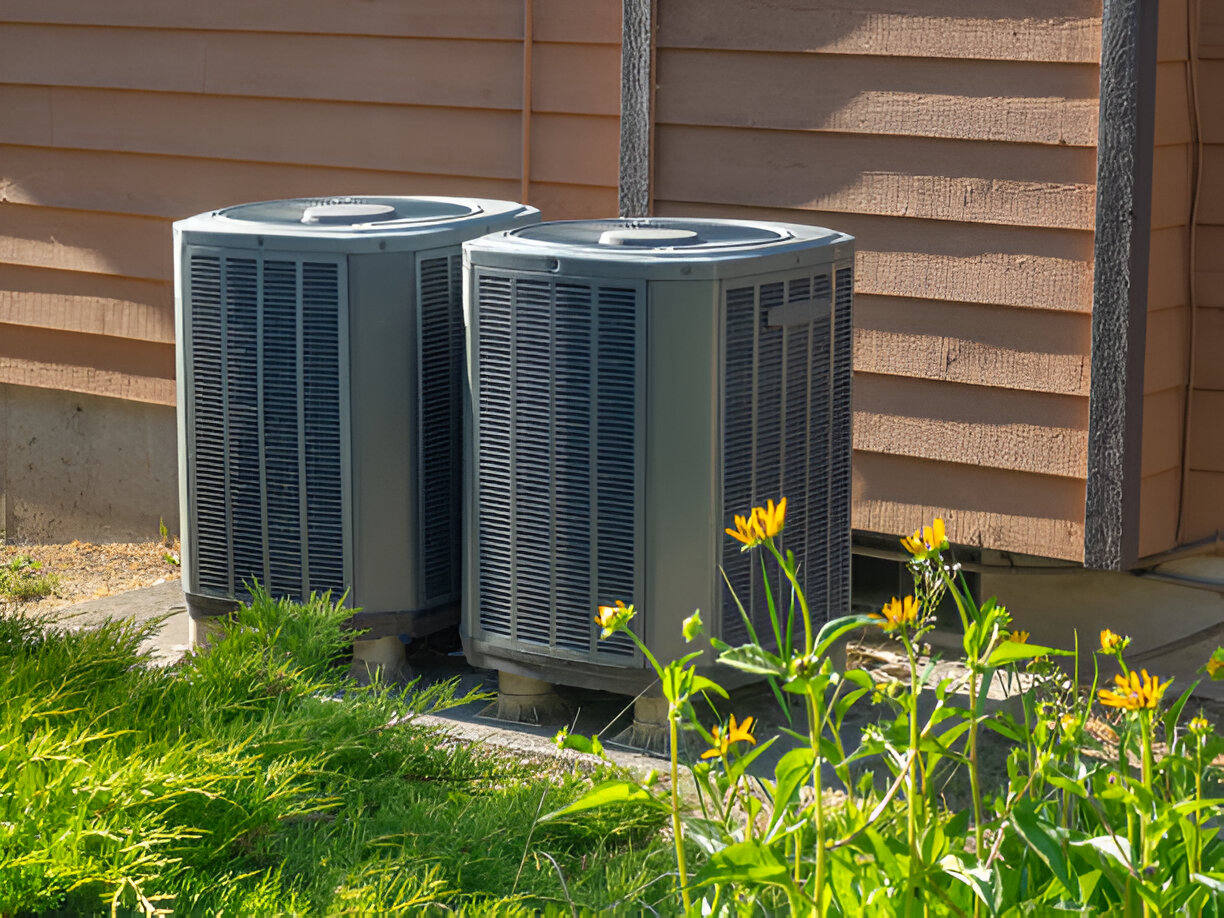Heat Pump Maintenance in Parker, CO
Keeping your heat pump well maintained is one of the smartest steps Parker homeowners can take to protect comfort, lower energy bills, and avoid emergency repairs. Heat Pump Maintenance in Parker, CO focuses on seasonal tune-ups tailored to local climate realities — cold dry winters, high-altitude air density, frequent temperature swings, and seasonal dust and wildfire smoke — all of which change how heat pumps perform and how often they need attention.

Why regular heat pump maintenance matters in Parker, CO
- Increased efficiency: Clean coils, correct refrigerant charge, and calibrated controls keep your system running near its designed efficiency, cutting energy use during long heating seasons.
- Fewer breakdowns: Preventative checks catch worn parts before they fail on a cold night or hot day.
- Longer equipment life: Routine lubrication, electrical inspection, and refrigerant checks reduce stress on the compressor and motors, extending useful life.
- Better comfort and indoor air quality: Proper airflow, clean filters, and functioning defrost cycles mean more consistent temperatures and fewer dust or smoke particles circulating indoors.
Common heat pump maintenance issues in Parker, CO
- Clogged filters and coil buildup from dry, dusty air and seasonal smoke, reducing airflow and efficiency.
- Incorrect refrigerant pressure or slow leaks that undermine heating capacity at colder temperatures.
- Excess defrost cycles or icing during late fall/early spring as temperatures swing.
- Electrical wear: failing capacitors, contactors, and loose connections that cause hard starts or intermittent operation.
- Reduced airflow due to dirty blower wheels or obstructed return vents, common after home projects or seasonal changes.
- Thermostat calibration drift causing short cycling or undershooting set temperature.
Seasonal tune-up tasks (what to expect)
A professional heat pump tune-up in Parker typically includes these items, adjusted for local conditions and system type:
- Filter changes: Inspect and replace or recommend filter type and schedule based on indoor air quality and smoke/dust exposure.
- Indoor and outdoor coil cleaning: Remove debris, dust, and residue that reduce heat transfer.
- Refrigerant check: Measure pressures and temperatures, confirm proper charge, and look for signs of leaks or oil residue.
- Electrical inspection: Test capacitors, contactors, relays, and all wiring for wear, proper torque, and safe operation.
- Compressor and motor health: Measure amp draw and compare to manufacturer specs to detect motor strain or failing components.
- Thermostat calibration: Confirm setpoint accuracy and control strategy for efficient seasonal operation.
- Lubrication: Lubricate fan and motor bearings where applicable to reduce friction and wear.
- Defrost and reversing valve check: Verify defrost cycle timing and reversing valve operation so the heat pump switches properly between modes.
- Drain and drip pan inspection: Clear condensate drains and check for standing water or blockage.
- Airflow measurement: Assess static pressure and airflow to ensure proper distribution and identify blockages.
- System operational test: Run through heating and cooling cycles, confirm temperature splits, and listen for abnormal sounds.
Typical visits last 45 to 90 minutes depending on system complexity and findings.
How technicians diagnose and report findings
A good maintenance inspection is both diagnostic and educational. Technicians will:
- Record baseline readings: refrigerant pressures, compressor amp draw, supply and return temperatures, and temperature split.
- Visually inspect and document component condition: coils, fan blades, electrical terminals, and cabinet sealing.
- Note airflow and filter condition and test thermostat behavior.
- Evaluate energy implications: estimate how much efficiency might be improved by recommended repairs or cleaning.
Reports are provided with clear recommendations and priority levels:
- Urgent: Safety or imminent-failure items (e.g., burned wiring, failed contactor, major refrigerant leak).
- Recommended: Repairs or replacements that improve efficiency and prevent future breakdowns (e.g., capacitor replacement, refrigerant top-off).
- Optional: Upgrades or improvements for comfort and savings (e.g., programmable thermostat, higher MERV filter for wildfire smoke seasons).
Reports typically include measured values, photos of problem areas when useful, a summary of performed tasks, and projected next-service interval.
Maintenance agreement options and benefits
Maintenance programs are often offered in tiered plans to match homeowner needs:
- Basic plan: Annual or biannual inspection and standard tune-up tasks (filter check, coil clean, electrical safety checks).
- Standard plan: Biannual tune-ups (spring and fall), filter changes on a schedule, refrigerant and electrical testing, and a detailed inspection report.
- Premium or comprehensive plan: All standard services plus priority scheduling, discounted parts/labor for repairs, emergency response priority during extreme weather, and seasonal adjustments for wildfire smoke/high dust periods.
Common benefits of a maintenance agreement:
- Priority scheduling during peak heating or cooling times when Parker experiences cold snaps or heat waves.
- Predictable service cadence (often twice per year) to maximize system reliability.
- Discounted parts and labor or waived diagnostic fees for covered systems.
- Papertrail of maintenance history that helps with warranty compliance and resale value.
When to schedule maintenance and warning signs
- Recommended frequency: at least twice a year — once before the heating season and once before the cooling season — because heat pumps operate year-round and need seasonal adjustment.
- Schedule sooner if you notice: rising utility bills, uneven temperatures between rooms, frequent short cycling, unusual noises, visible ice on the outdoor unit, or persistent poor airflow.
Local considerations for Parker homeowners
Parker’s high-altitude, semi-arid climate affects heat pump performance: air is less dense, which changes heat exchange efficiency, and cold winter nights increase defrost cycle demands. Wildfire smoke and duststorms make filter maintenance more frequent than in some other areas. Technicians servicing Parker systems routinely account for these factors when setting refrigerant targets, calibrating controls, and recommending filtration upgrades.
Regular, documented heat pump maintenance in Parker, CO protects comfort, lowers operating costs, and reduces the likelihood of emergency repairs during the coldest or most smoke-impacted times of year. A well-maintained system delivers more reliable heating and cooling and better indoor air quality for your home.
Customer Testimonials
.webp)
Buy Today, Pay Over Time
Wisetack - 0% APR up to 24 months (on approved credit)







